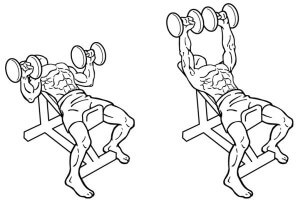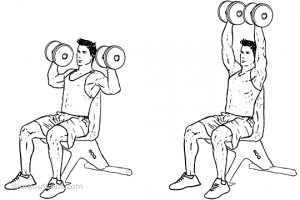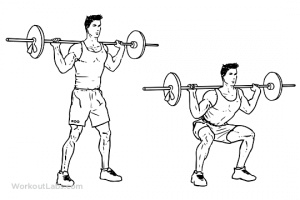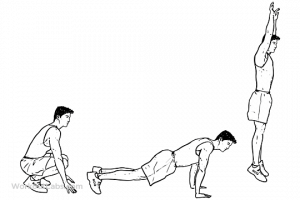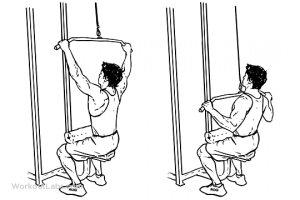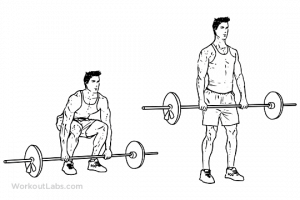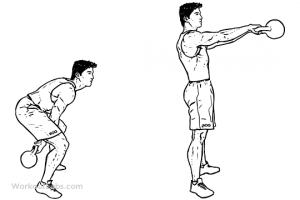If you are like most endurance athletes, you are probably not doing much or any strength training.
As an endurance athlete, I understand that you would rather be out running or cycling then lifting weights in the gym. It has also been my experience, over 20 years as a Sports Chiropractor and over 12 years as a coach, that many endurance athletes are not exactly sure about what type of strength training they should be doing.
Of course there are thousands of different types of exercises, repetition and set variations which is why I also suggest working with a coach so you will know what is best for you.
However, the workouts below are a great place to start. These sessions are short but very effective and you will get the most “bang for your buck” so that you can get your strength training in and still have time to go for your runs or rides.
So, let’s get right to it. In order to make strength gains, you are going to lift three times a week. Once you have gained strength, you can back off to once a week to maintain those gains. This program below would be great to do in the off-season or in the early-in-your-build season.
You are going to do a combination of heavy lifts and high intensity body weight exercises and you are going to do them three day a week with one day of rest in between.
On the heavy lifts we are going to do what is called Strong Lifts 5×5. You do 5 sets of 5 reps, The key here is to lift HEAVY. If you can do 5 sets of 5 reps at a specific weight, increase the weight the next time you do the workout. If you can not do 5 sets of 5 reps., keep the weight the same until you can do 5 sets of 5 reps. Rest 1 to 2 minutes between sets.
For example: On set 1 you do 5 reps, set 2, 5 reps, set 3, 5 reps, but on set 4 you can only do 3 reps and on set 5 you can only do 1 rep. Keep the weight the same until you can complete 5 sets of 5 reps.
Please make sure you have someone who is experienced with these exercises show you the proper form. You are lifting heavy and we don’t want you to get hurt. Also, if you have any injuries make sure you talk with your sports chiropractor or physical therapist before trying these exercises.
Workout 1)
Heavy Lifts: 5 sets of 5 reps.
Dumbbell chest press
Dumbbell overhead press
Squats
Dumbbell chest press
Dumbbell overhead press
Squats
High Intensity Body Weight Exercises: 20 seconds of exercise, 10 seconds rest, repeat 10 times.
Burpees
Workout 2)
Heavy Lifts: 5 sets of 5 reps.
Lat pull downs or lat rows
Deadlift
Squats
High Intensity Body Weight Exercises: 20 seconds of exercise, 10 seconds rest, repeat 10 times.
Barbell Torque
Lat pull down
Deadlift
Squats
Barbell Torque
Workout 3 is the same as workout 1.
Heavy Lifts: 5 sets of 5 reps
Dumbbell Chest press
Dumbbell overhead press
Squats
High Intensity Body Weight Exercises: 20 seconds of exercise, 10 seconds rest, repeat 10 times.
Dumbbell chest press
Dumbbell overhead press
Squats
Kettlebell swings
There it is, a short but very effective strength program. Give it a try for a few months, then comeback and post you experience with the program.

